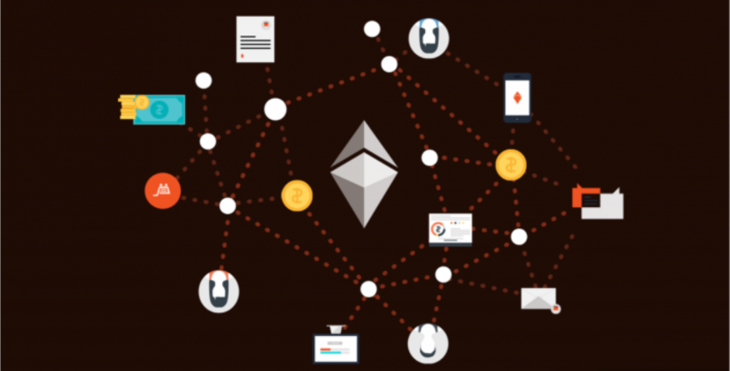Technology has come on leaps and bounds in recent years and one area in particular that has benefited from these developments is decentralised technologies. If you’re looking to buy IOTA, invest in the blockchain or even take advantage of Bitcoin’s transparency, you’d be utilising decentralised technology and so understanding this can help you better integrate yourself into the cryptocurrency industry. DApps or ‘decentralised applications’ have been introduced as a peer-to-peer application that can operate without a centralised source, but understanding exactly what this means, what they allow us to do and the potential they hold is something that can prove a little more difficult. To provide a helping hand, we’re taking a look at what DApps are, and what their development could mean.
What Are Decentralised Applications?
Decentralised applications are essentially a way for smart contracts to operate, and can essentially replace the need for any centralised leadership or approval when conducting business or a service. In terms of applications, we know that they are essentially software that defines a specific goal and for the most part, these applications have always operated on a centralised basis. A centralised system allows full control over the flow of information and this centralised service can have full control over each component of the centralised network, too. Decentralised or distributed networks, however, mean that the software is split up across a number of different nodes and thus operating of its own accord and not under the control of any one entity.
Decentralised applications allow users to utilise smart contracts to their full potential through operating on a peer-to-peer system like the blockchain. The dApp is essentially the software in place to set the smart contract into motion – for example, if you had a dApp intended for the selling of a service or product, someone could click ‘buy’ and the dApp would immediately send the cryptocurrency to the smart contract, and set the process into motion. This way, there is no need for any human interaction apart from that initial trigger.
The Advantages
- The Security
By eliminating the need for a central network and distributing information across a network, decentralised applications are able to hold your information, coins and data with a significantly reduced risk of fraud, intrusion or foul-play. Any threats would need to rifle through potentially hundreds of nodes in order to access the information, making any dApp nearly impossible to hack fast enough to prevent detection.
- Transparency
Decentralised networks offer improved transparency of transactions, with every piece of activity easily accessible by any member of the network. This is necessary for verification, but can also help improve security and reduce, if not completely eradicate, the potential for a repeated action or duplicated coins.
- Immunity To Outage
One major downfall of centralised applications is that a single outage, glitch or issue can shut down the entire network instantly. When this information is distributed across a network, however, this risk is eradicated. If one node was to suffer an outage, the network would still be online and remain that way as the ‘out’ node was repaired or removed.
What Potential Do They Hold?
With the above advantages in mind, it’s understandable that dApps are gaining recognition as a potential technology to revolutionise the way we do business. The autonomous system could reduce the need for excess staff and speed up the entire buying and selling process which could prove beneficial not only in fast-paced corporate-heavy countries but in developing countries in need of fast industrialisation. These new technologies don’t require any hefty processing power and can prove useful for countries seeking a leg up in the digital and technology-based world.
For this reason, the potential for dApps to become commonplace across the globe is certainly there. With mass adoption and further development to work out any glitches, kinks or potential legal ramifications, decentralised applications could soon become a staple part of our digital business lives.
